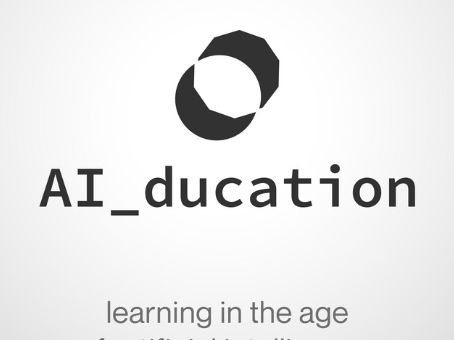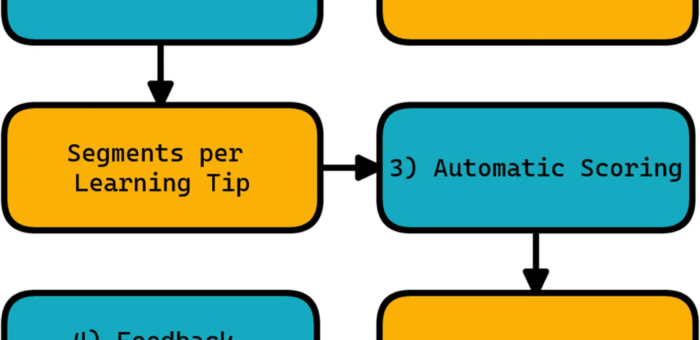
New Pub: Feedback sources in essay writing: peer-generated or AI-generated feedback?
A newly published article discusses the use of peer feedback as a learning strategy, particularly in large classes where teachers face heavy workloads. For complex tasks like writing argumentative essays, peers may struggle to provide high-quality feedback due to the cognitive demands involved. The emergence of Artificial Intelligence (AI) tools, like ChatGPT, raises the question of whether AI can serve as a new feedback source for such tasks. To investigate this, a study compared ChatGPT-generated feedback with peer feedback on argumentative essays written by 74 graduate students from a Dutch university. The study collected essay data, peer feedback and ChatGPT-generated feedback, and then analyzed them using coding schemes. Results showed significant differences between ChatGPT and peer feedback, with ChatGPT offering more descriptive feedback while peers focused on identifying essay problems.…









